PCOS is the most common endocrine disorder among women of reproductive age (Majidzadeh et al., 2023). There are many symptoms of PCOS, including obesity, inflammation, and infertility. Anxiety and depression are also common among women with PCOS. In recent years, researchers have begun to investigate the effects of cognitive behavioral therapy (CBT) on PCOS. In this article, we will discuss how PCOS and mental health are related, how CBT can help women with PCOS, and how to find help.
How are PCOS and Mental Health Related?
PCOS is common. About 6-10% of women of reproductive age have PCOS (Barber et al., 2019). Although PCOS can be diagnosed at any point in a woman’s reproductive years, symptoms often begin manifesting during adolescence. PCOS can look different for everyone, but common traits of PCOS include infertility, irregular menstrual cycles, acne, excessive hair growth or loss, and insulin resistance (Barber et al., 2019).
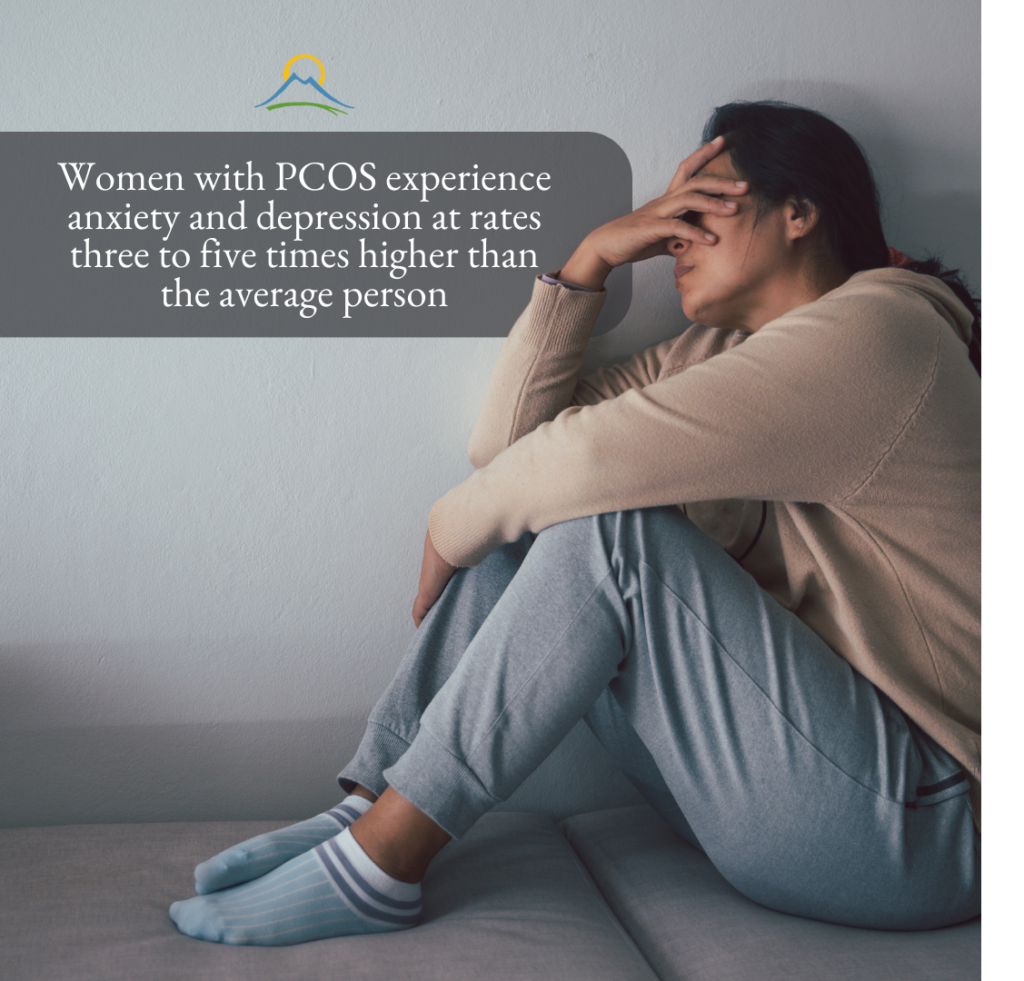
PCOS and mental health are closely related, and PCOS has many implications related to a person’s quality of life. The prevalence of many mental health diagnoses are more common among women with PCOS. Women with PCOS are more likely to be diagnosed with a mood disorder than women without PCOS (Majidzadeh et al., 2023). Forty-two percent of women with PCOS have anxiety while only 8.5% of healthy women have anxiety. Further, 37% of women with PCOS have depression while 14.2% of women without PCOS have depression (Majidzadeh et al., 2023). Other researchers have found similar statistics, with women with PCOS experiencing three times more depressive symptoms and five times more anxiety symptoms than women without PCOS (Cooney et al., 2018).
Why do women with PCOS experience anxiety and depression at higher rates than the average person? One possible explanation has to do with increased cortisol levels that are often seen in women with PCOS. Cortisol is the main stress hormone in your body that helps to control things like your mood, blood sugar, sleep cycle and inflammation (Johnson, 2022). Some women with PCOS have higher than normal cortisol levels, which can cause inflammation (Majidzadeh et al., 2023). High cortisol levels increase a person’s risk for depression. Inflammation can cause issues with fertility or other health concerns, which can increase an individual’s symptoms of anxiety (Majidzadeh et al., 2023). The combination of high cortisol and inflammation can decrease the quality of life for a person with PCOS. This can make the risk of experiencing anxiety and depression much higher for women with PCOS.
Another possible explanation as to why women with PCOS experience mental health concerns at higher than average rates has to do with their weight. The majority of women with PCOS (anywhere from 38-88%) are overweight or obese (Barber et al., 2019). Women with PCOS are more likely to be overweight or obese than the general population, and obesity can worsen the symptoms of PCOS (Jiskoot et al., 2020). Being overweight or obese is associated with increased symptoms of anxiety and depression, which can decrease a person’s overall quality of life (Tang et al., 2022). Similarly, having a poor body image is common in women with PCOS. Poor body image also increases a person’s risk of depression (Tang et al., 2022). Both the physical and mental impacts of being overweight or obese contribute to the symptoms of anxiety and depression in women with PCOS.
Overall, PCOS has many implications for an individual’s mental health. Women with PCOS experience anxiety and depression at rates three to five times higher than the average person (Cooney et al., 2018). While the exact cause of anxiety and depression in women with PCOS may be difficult to pinpoint, there are many aspects of PCOS that may contribute to mental health concerns. Some features of PCOS, such as elevated cortisol levels and weight gain, can manifest in ways that cause feelings of anxiety and depression.
How can CBT help?
CBT is a form of psychotherapy that is the most common treatment for anxiety and depression (Majidzadeh et al., 2023). The goal of CBT is to improve quality of life by modifying a person’s current thought patterns and restructuring their behaviors (Tang et al., 2022). A person participating in cognitive behavioral therapy will learn practical skills like recognizing negative behaviors and reframing their thoughts, making CBT the ideal therapy to manage illnesses (Tang et al., 2022). CBT has been shown to be successful in treating various concerns and disorders, including obesity, anxiety, depression, eating disorders, insomnia, pregnancy loss, and more (Tang et al., 2022).
Recently, there has been an increase in researchers studying the effects of CBT on women with PCOS. One study introduced women with PCOS to eight sessions of group CBT. When compared to the women with PCOS that did not receive CBT treatment, researchers found that CBT was effective at reducing symptoms of anxiety and depression and promoting quality of life for women with PCOS (Majidzadeh et al., 2023).
Another study compared weight loss results for women with PCOS and depression from various cultures. One group of women made lifestyle changes with a focus on diet and exercise only, while another group of women made lifestyle changes and received cognitive behavioral therapy one time per week for eight weeks (Cooney et al., 2018). In just eight weeks, the group of women that received CBT treatment while making lifestyle changes lost two times the amount of weight than the group who made lifestyle changes only. Further, women in the CBT group demonstrated an improved ability to respond to stress and an increased quality of life. This suggests that women with PCOS from a variety of populations can experience successful weight loss in as little as eight weeks when combining CBT and lifestyle changes (Cooney et al., 2018).
A recent meta-analysis on the effects of CBT on PCOS found that CBT had a positive effect on anxiety symptoms and quality of life for women with PCOS (Tang et al., 2022). Researchers also found that CBT helped to improve pregnancy rate in women with PCOS. Additionally, CBT increased compliance for women with PCOS, meaning that they were more likely to stick to their lifestyle changes and PCOS treatment when coupled with CBT (Tang et al., 2022).
It is clear that CBT is a promising treatment for women with PCOS struggling with a variety of concerns, including anxiety, depression, infertility and weight loss. The practical skills gained by participating in CBT can have positive, lasting impacts on the lives of women with PCOS.
Finding Help
PCOS is a chronic condition that requires lifestyle changes to manage (Tang et al., 2022). Women often notice symptoms and concerns related to PCOS early in their reproductive years, which leads them to look for help. Recognizing symptoms of PCOS and seeking help gives you the opportunity to manage your symptoms and decreases your risk of other concerns developing in the future (Cooney et al., 2018). Making changes to manage your PCOS symptoms can feel overwhelming. It may be difficult to know where to begin, but there is help available.
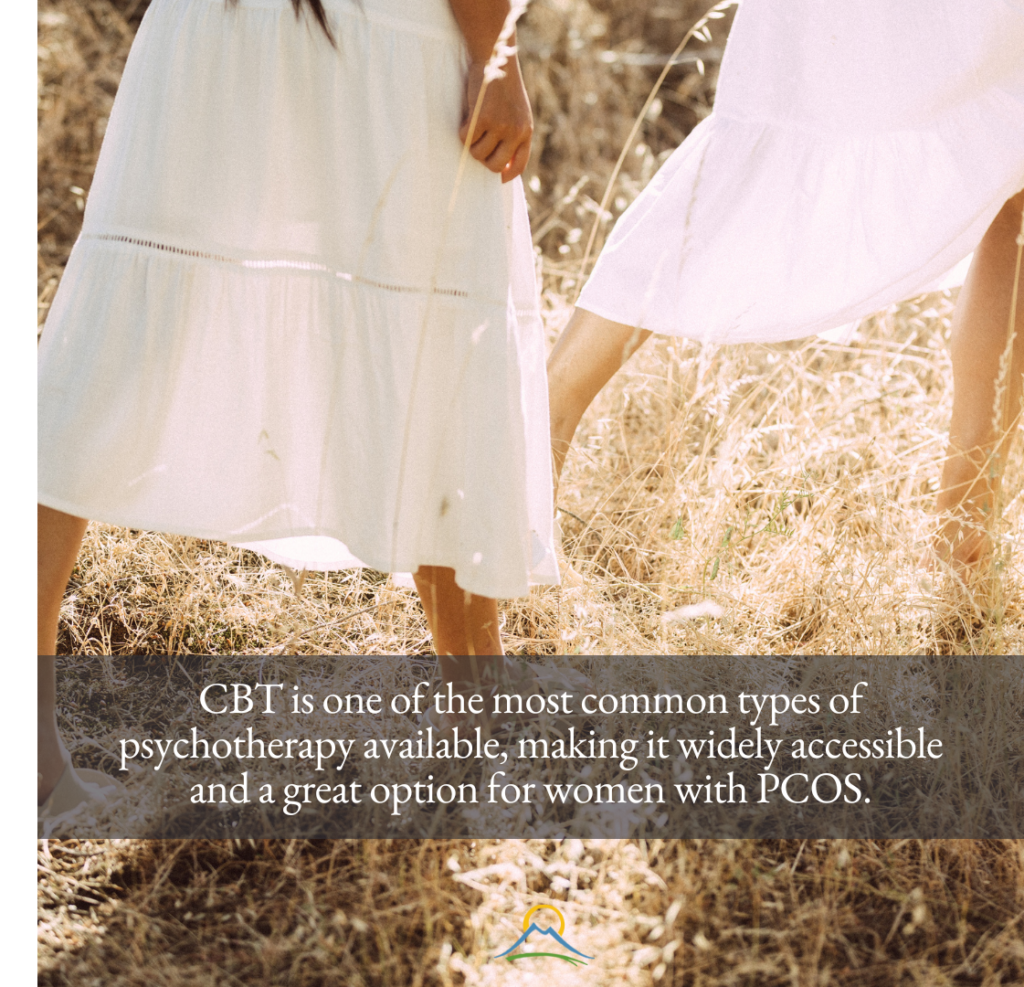
CBT teaches you practical skills to learn how to modify your thoughts and behaviors so that you can change the way you feel. These skills are generalizable and can be used for a variety of concerns. You can call on your CBT skills at any time, even long after your time in CBT treatment has ended. This can help you manage your symptoms related to PCOS, such as anxiety and depression. Skills learned through CBT can aid in the self-management of PCOS symptoms (Tang et al., 2022) and provide you with direction as you navigate the sometimes overwhelming task of regulating your PCOS.
If you are interested in receiving CBT to help manage your PCOS symptoms, look for a therapist that uses CBT in their practice. A therapist does not need to specialize in PCOS for a client to reap the benefits of CBT for PCOS. CBT is one of the most common types of psychotherapy available, making it widely accessible and a great option for women with PCOS. When combined with lifestyle changes like diet and exercise, the outcomes of CBT for overall improved quality of life for women with PCOS are promising. A therapist can help you find the confidence you need to learn new skills, make lasting changes, and regulate your PCOS symptoms.
Conclusion
PCOS is a common endocrine disorder that requires lifestyle changes to treat. CBT can be used in conjunction with other therapies, such as changes in diet and exercise to help manage and heal PCOS. Recent studies suggest that when combined with lifestyle changes, CBT can help women with PCOS lose weight, reduce symptoms of anxiety and depression, achieve pregnancy, and increase their quality of life. Finding a therapist that utilizes CBT in their practice is a great way to begin or enhance your journey in managing your PCOS. Regardless of where you are on your PCOS journey, there is hope and there is help available.
References
- Barber, T. M., Hanson, P., Weickert, M. O., & Franks, S. (2019). Obesity and polycystic ovary syndrome: Implications for pathogenesis and novel management strategies. Clinical Medicine Insights: Reproductive Health, 13. https://doi.org/10.1177/1179558119874042
- Cooney, L. G., Milman, L. W., Hantsoo, L., Kornfield, S., Sammel, M. D., Allison, K. C., Epperson, C. N., & Dokras, A. (2018). Cognitive-behavioral therapy improves weight loss and quality of life in women with polycystic ovary syndrome: A pilot randomized clinical trial. Fertility and Sterility, 110(1), 161-171. https://doi.org/10.1016/j.fertnstert.2018.03.028
- Jiskoot, G., Timman, R., Beerthuizen, A., Dietz de Loos, A., Busschbach, J., & Laven, J. (2020). Weight reduction through a cognitive behavioral therapy lifestyle intervention in PCOS: The primary outcome of a randomized controlled trial. Obesity, 28(11). https://doi.org/10.1002/oby.22980
- Johnson, T. C. (2022). What is cortisol? WebMD. https://www.webmd.com/a-to-z-guides/what-is-cortisol
- Majidzadeh, S., Mirghafourvand, M., Farvareshi, M., & Yavarikia, P. (2023). The effect of cognitive behavioral therapy on depression and anxiety of women with polycystic ovary syndrome: A randomized controlled trial. BMC Psychiatry, 23, Article 332. https://doi.org/10.1186/s12888-023-04814-9
- Tang, R., Yang, J., Yanmei Yu, Y., & Fang, Y. (2022). The effects of cognitive behavioral therapy in women with polycystic ovary syndrome: A meta-analysis. Frontiers in Psychology, 13. https://doi.org/10.3389/fpsyg.2022.796594
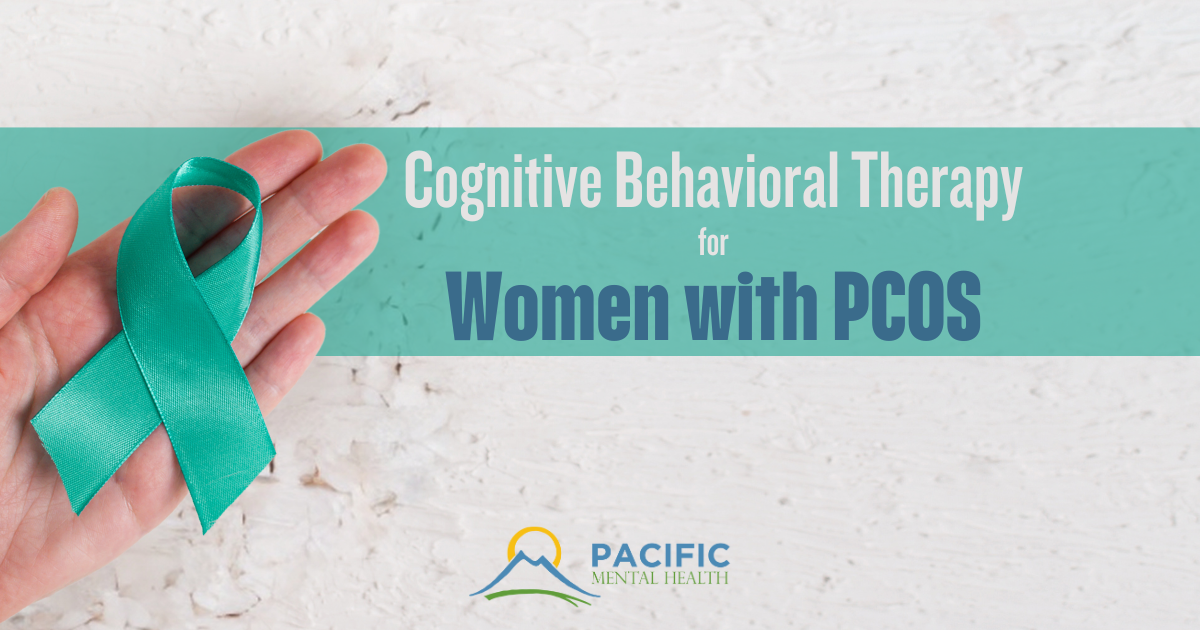

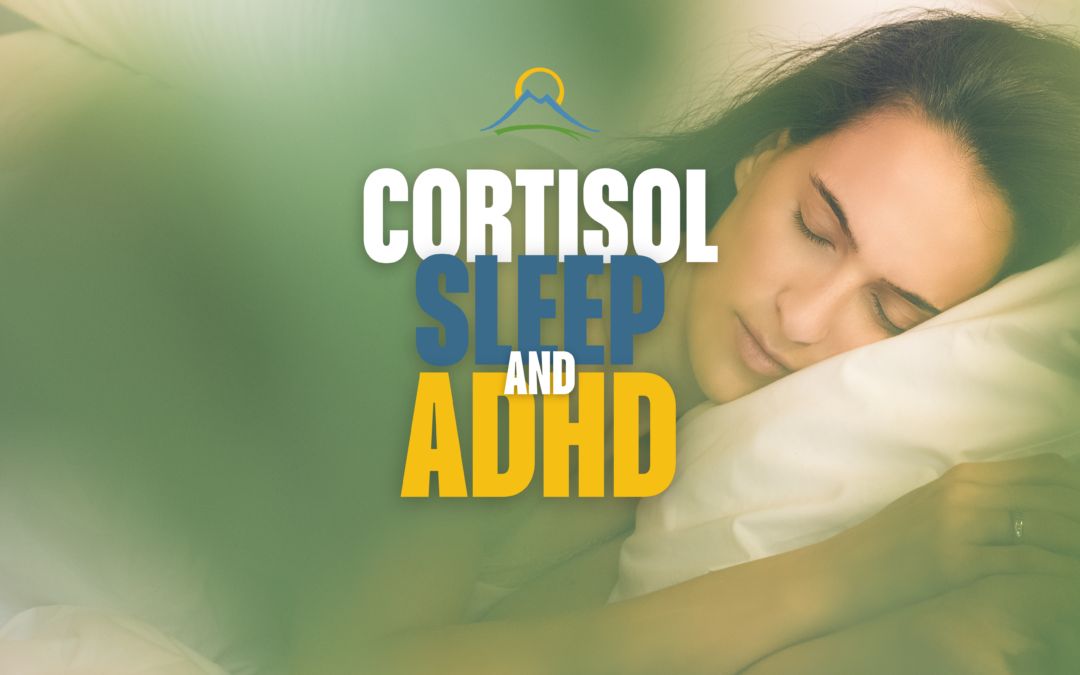
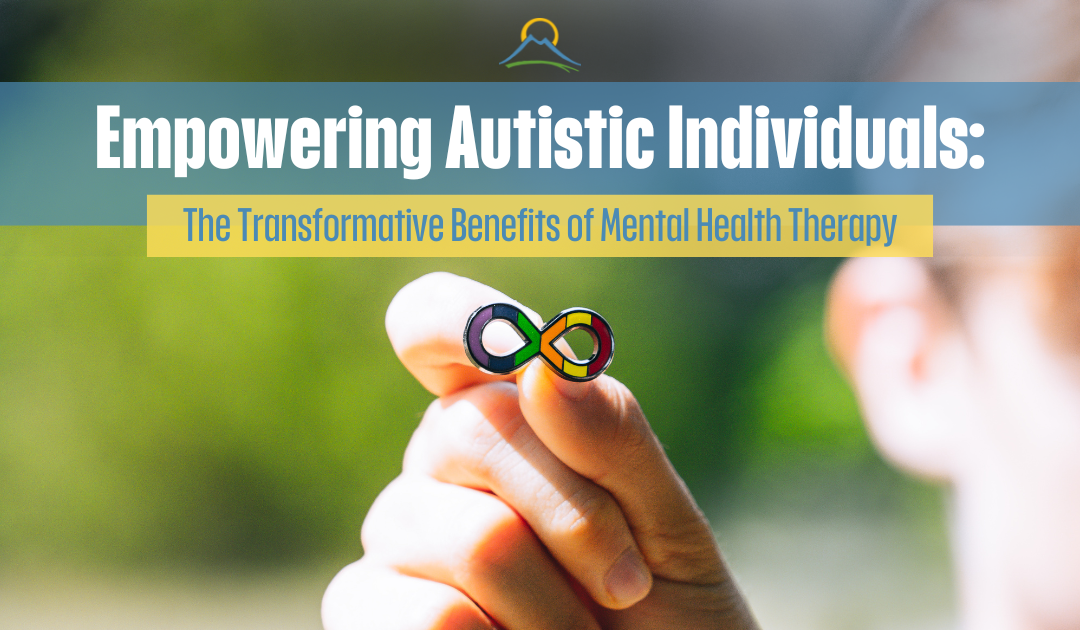


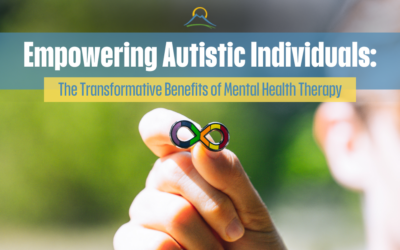


0 Comments